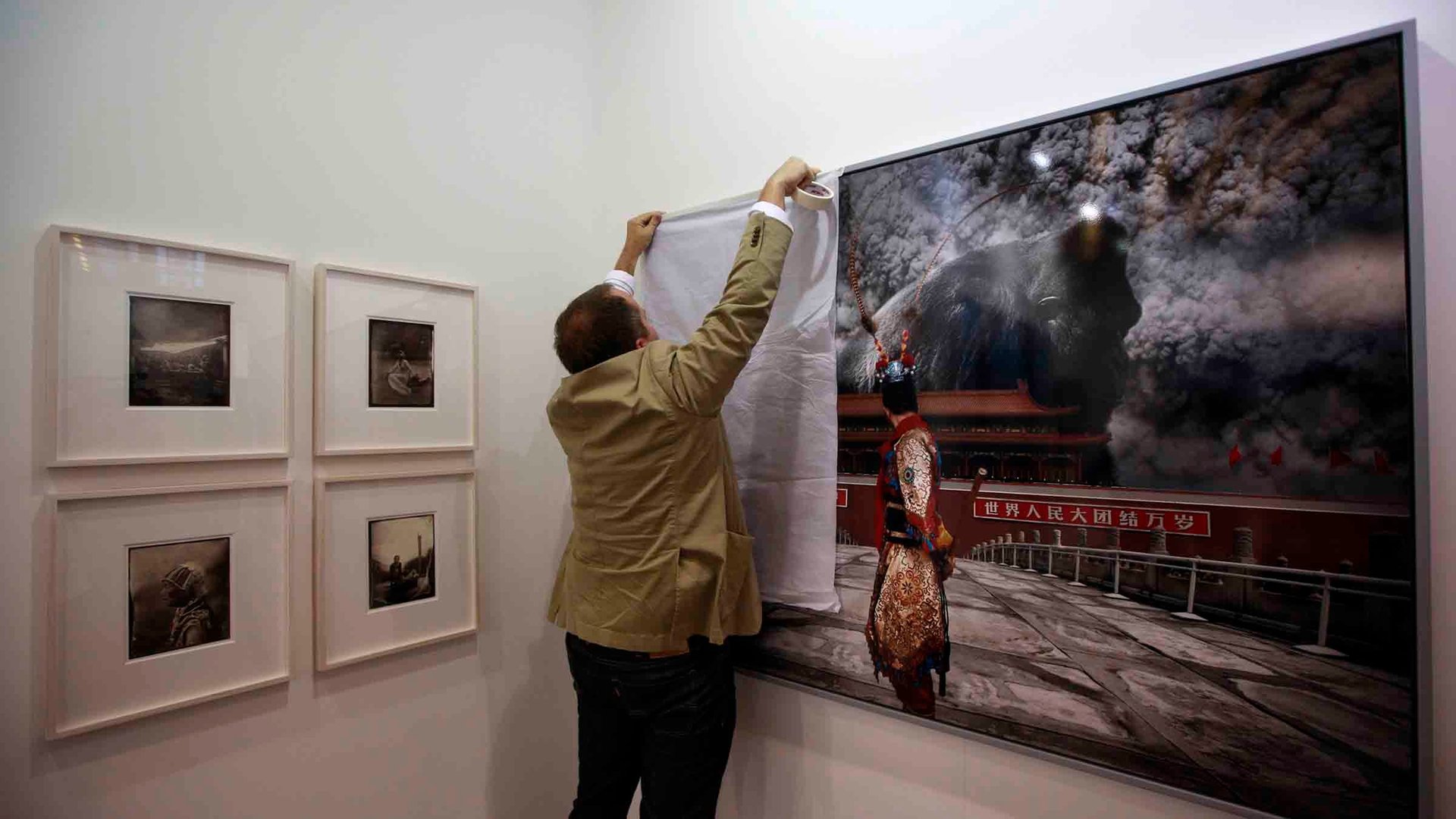Beijing’s censorship is out of control, according to an ally of Deng Xiaoping
A former deputy editor-in-chief of the People’s Daily, a Communist Party newspaper, has criticized Beijing for exerting too much control over its media (link in Chinese).


A former deputy editor-in-chief of the People’s Daily, a Communist Party newspaper, has criticized Beijing for exerting too much control over its media (link in Chinese).
Zhou Ruijin’s comments are noteworthy because, as a writer in the 1990s, he was closely aligned with Deng Xiaoping, China’s then-leader and whom is still highly respected. Often writing under the pen name Huang Fuping, Zhou’s commentaries directed the government to support Deng at a time when the party was divided over its direction.
But in an editorial published Feb. 2, Zhou said it was “obviously wrong” to adopt hard-nosed tactics that have become common under president Xi Jinping, including “intervening with violent [state] apparatus at the slightest provocation, asking public media to act as the judicature, taking down websites, deleting posts, and blocking [accounts] heavy-handedly.”
Journalists and editors, as well as social media users and even music fans, beauty queen contestants, and booksellers well outside of Chinese territory have been arrested, “disappeared,” silenced, and sometimes charged with crimes for what they have published or said publicly since Xi Jinping took power in 2012. The government has tightened restrictions on reporting, publishing, and even re-tweeting stories and social media messages that it doesn’t like. In one case, a prominent lawyer was held in criminal detention for almost two years over several social media posts.
Zhou’s editorial was posted to iFeng, a Hong Kong-owned media company, but it is accessible in mainland China. The essay first appeared last month, in a new book of Zhou’s essays and commentary. The op-ed stops short of suggesting Xi himself has gone too far. Instead, Zhou makes clear that he supports Xi’s propaganda push, and writes that conducting “ideological work” is the party’s “number one” most important task.
Nevertheless, Zhou pulls few punches when it comes to regional censors. “To be frank, some leaders in the party’s propaganda department were managing the press like how they would manage a train schedule,” Zhou wrote. Some “even give out orders just as if they were the chief editors of a newspapers.”
China’s economy is once again in flux, as it was in the early 1990s, when Zhou was close to Deng. So the 76-year-old’s words seem especially significant. “In a phase of social transition, it is normal that there are different views and discussions in the field of ideology, that the public air their own opinions on deepening reforms,” he wrote.”They can only be guided, but not repressed.”